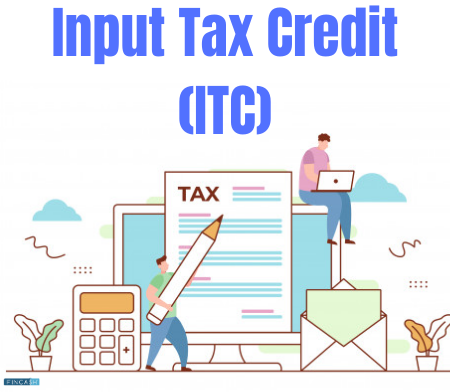ITC Claim Can't Be Denied Based on GSTR-3B Omission
- CA. Ali Asgar
·
2/28/2024

In a significant legal development, the Madras High Court has addressed a crucial issue concerning Input Tax Credit (ITC) claims in the case of SRI SHANMUGA HARDWARES ELECTRICALS. The court's ruling sheds light on the necessity of a comprehensive assessment process and fair treatment of taxpayers under the GST regime.
Background of the Case
The case involved a petition by SRI SHANMUGA HARDWARES ELECTRICALS, challenging the denial of ITC claims for multiple assessment years. The assessing officer had rejected the ITC claims solely because they were not reflected in the GSTR-3B returns. However, the petitioner argued that the claims were duly mentioned in the GSTR-2A and GSTR-9 returns, indicating compliance with GST regulations.
Court's Verdict
The Madras High Court ruled in favor of the petitioner, emphasizing that the assessing officer cannot deny an ITC claim solely based on its absence from the GSTR-3B returns. The court highlighted the importance of examining all relevant documents and providing taxpayers with a fair opportunity to substantiate their claims.
Key Observations
- Comprehensive Examination: The court stressed the need for a thorough examination of ITC claims, considering all pertinent documents submitted by the taxpayer.
- Fair Assessment Practices: Assessing officers should refrain from rejecting ITC claims without proper scrutiny and should offer taxpayers a reasonable opportunity to present their case.
- Personal Hearing: Taxpayers should be granted a personal hearing to present their arguments and provide additional evidence in support of their claims.
Implications
The ruling by the Madras High Court sets a precedent for fair treatment of taxpayers and underscores the importance of procedural fairness in tax assessments. It serves as a reminder to assessing officers to conduct assessments diligently and objectively, taking into account all relevant information provided by taxpayers.
Conclusion
The decision by the Madras High Court reaffirms the principles of fairness and justice in tax administration. Taxpayers can now expect a more equitable assessment process, ensuring that their legitimate claims for Input Tax Credit are not unfairly denied based on technicalities. This ruling marks a significant step towards enhancing taxpayer confidence and compliance under the GST regime.
Case Reference:
Madras HC – SRI SHANMUGA HARDWARES ELECTRICALS [Writ Petition Nos. 3804, 3808 & 3813 of 2024 and W.M.P.Nos. 4105, 4107, 4110, 4111, 4116 & 4119 of 2024]

© 2025 Capikar Technologies. All rights reserved